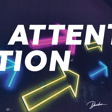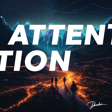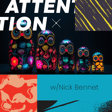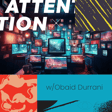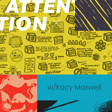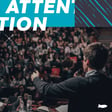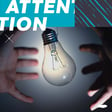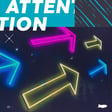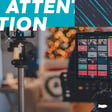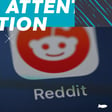
The Power of Organic Marketing w/Justin Rowe
Welcome back to the Attention Podcast, where you'll learn how to gain and retain the attention of your buyers to grow an audience. I'm Dan Sanchez and today I'm talked to Justin Rowe who is the Founder at Impactable about the power of organic marketing.
Timestamps:
[00:02:58] Growth audience led to restaurant investor partnership.
[00:04:14] Restaurants grew, COVID hit, new venture succeeded.
[00:07:37] Organic and paid ads have pros and cons, but diversification is important for marketing success.
[00:11:58] Average post: 10 or 20,000, sometimes 60-100,000.
[00:13:53] Experimenting with content, going deep on LinkedIn ads.
[00:20:16] Consistency and quality are top priorities.
[00:24:24] Using lead magnets to identify pain points, build an audience, and generate leads.
[00:26:10] Differentiate audience, curate content, improve lead generation.
[00:32:05] Consistency, community engagement, building relationships, support.
[00:35:54] Cogniz cognism decent, refined labs dropped off, hockey stat doing great with "Can you dashboard it?"
[00:37:01] Find me on LinkedIn: Justin Rowe/impactable, impactable.com, & YouTube channel: impactable.


